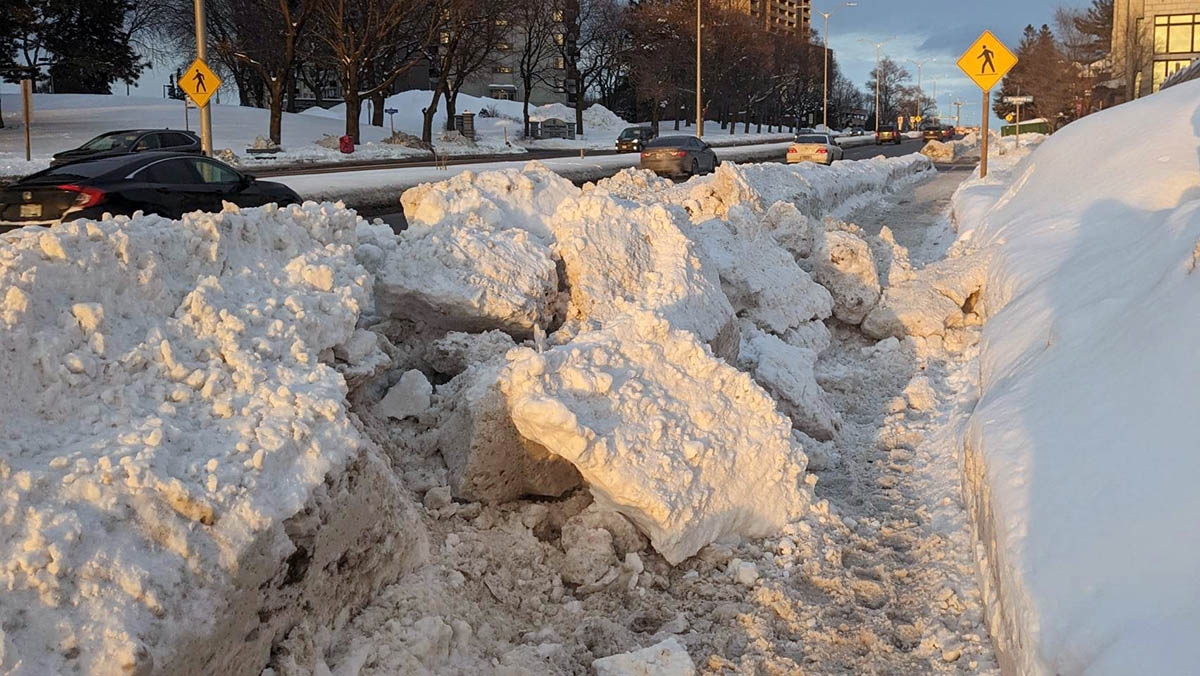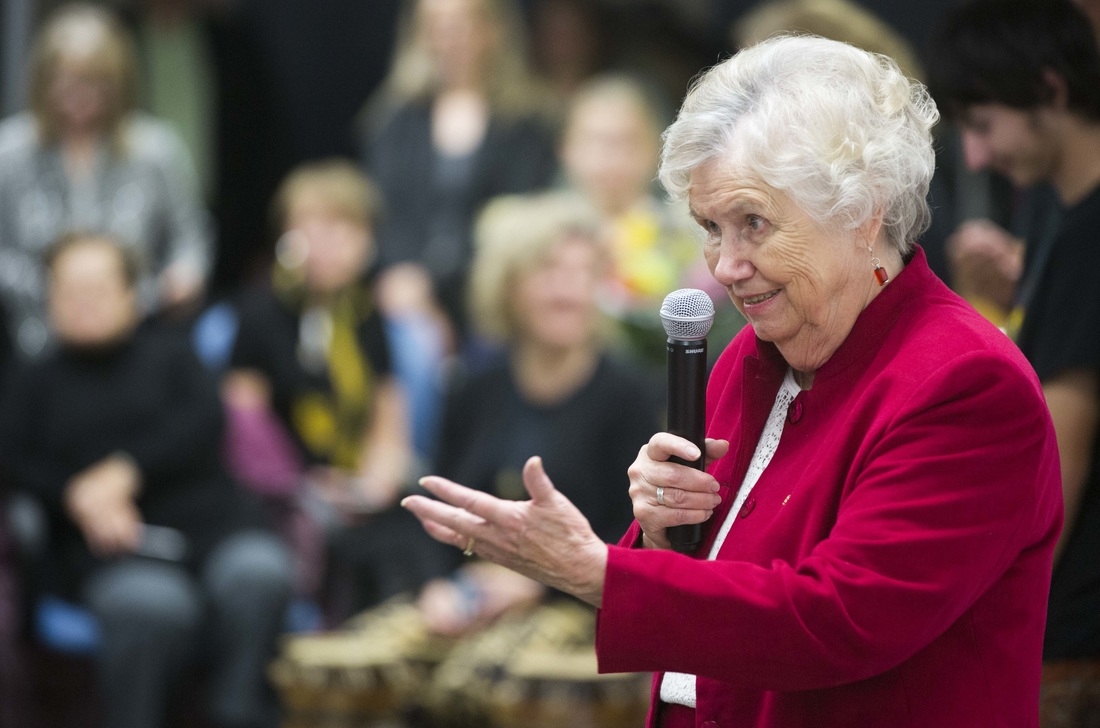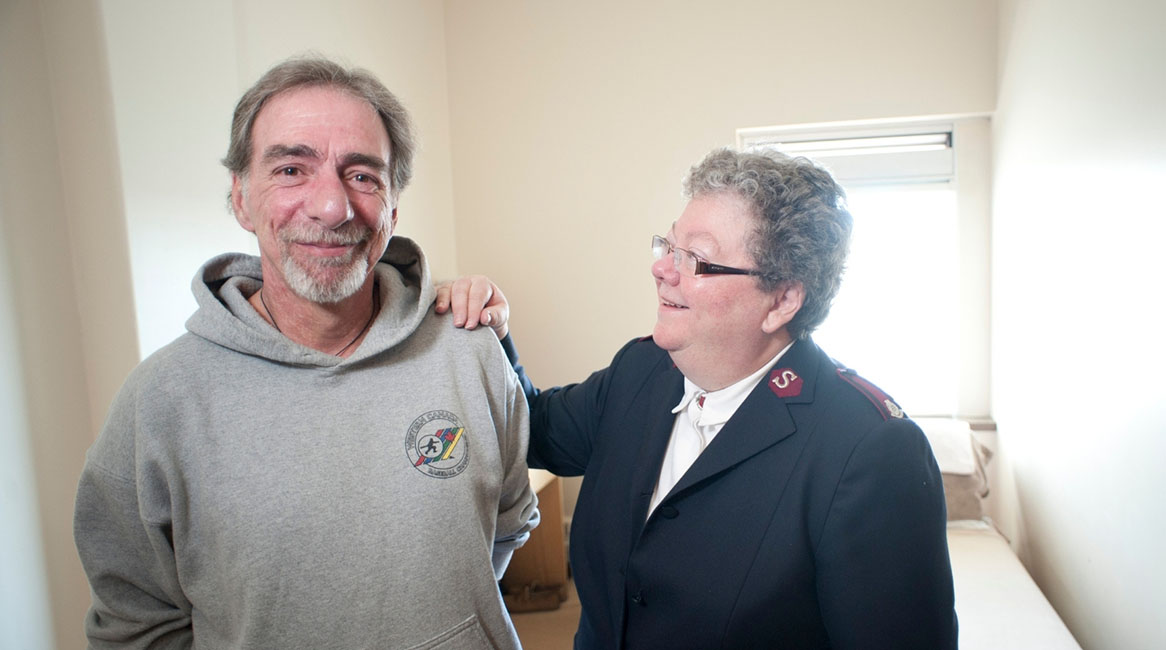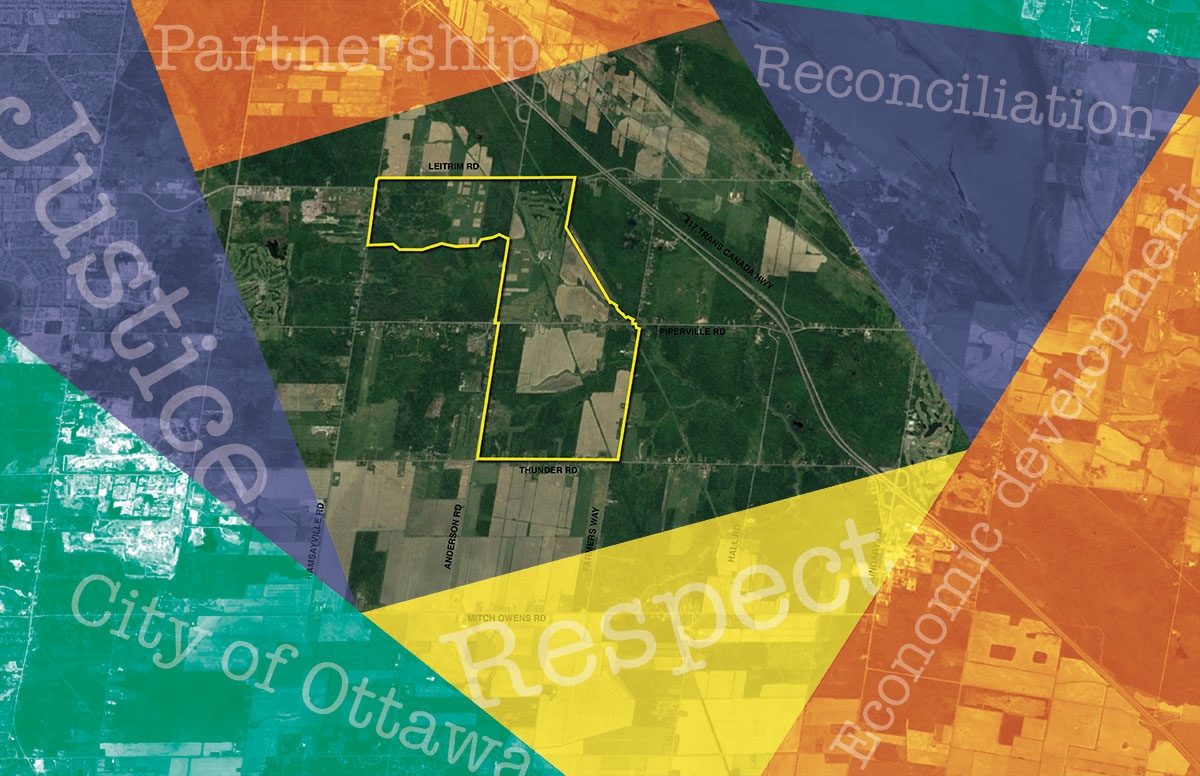
We Must STOP the Radioactive Waste Storage Project Beside the Ottawa River
By Lynn Jones
Several citizens’ groups from Ontario and Quebec are ringing alarm bells about waste slated for disposal in a giant radioactive waste mound one kilometre from the Ottawa River, 180 km upstream from Ottawa, Gatineau, and Montreal. The groups cite nuclear experts who say the waste will remain hazardous to the public for many thousands of years and needs to be stored underground.
In a letter sent on February 4 to all MPs, Senators, and many municipal officials up and down the Ottawa River, the citizens’ groups call for the Government of Canada to halt the disposal project and stop all funding for construction. The letter cites evidence that waste destined for the mound is heavily contaminated with very long-lived radioactive materials produced in nuclear reactors, which can cause cancer, birth defects and genetic mutations in exposed populations.
The seven-story radioactive mound is known as the “Near Surface Disposal Facility” (NSDF). It was recently licensed by the Canadian Nuclear Safety Commission (CNSC). The CNSC is widely perceived to be a captured regulator that promotes the projects it is supposed to regulate, as reported by a federal Expert Panel in 2017.
If built, the mound will hold one million tons of radioactive and other hazardous waste from eight decades of operations of the Chalk River Laboratories (CRL), a highly contaminated federal nuclear research facility owned by the Government of Canada. Commercial waste and waste imported from other federal nuclear sites would also be put into the mound despite a specific request from the City of Ottawa in 2021 for the cessation of nuclear waste imports into the Ottawa Valley.
Studies show the mound would leak during operation and break down due to erosion after a few hundred years, contaminating the Ottawa River, the source of drinking water for millions of Canadians.
Concerned Citizens of Renfrew County and Area, the Old Fort William (Quebec) Cottagers’ Association, Ralliement contre la pollution radioactive, and the Canadian Coalition for Nuclear Responsibility have been opposing the giant radioactive waste mound since 2016. They say there is widespread ignorance about what would go in the mound due to repeated statements by the regulator and the proponent that “it’s only low-level waste.”
Johanna Echlin of the Old Fort William (Quebec) Cottagers’ Association says people need to wake up and realize the truth that this waste is full of deadly long-lived, man-made radioactive poisons such as plutonium that will be hazardous for many thousands of years and therefore needs to be stored underground.
The Canadian Parliament has the power to reverse the licensing decision and should do so as soon as possible, say the citizens’ groups. They suggest the only benefit from the NSDF would go to shareholders of the three multinational corporations involved, AtkinsRéalis (formerly SNC-Lavalin), Fluor and Jacobs and everyone else would get only harm—a polluted Ottawa River, plummeting property values, increased health risks, never-ending costs to remediate the mess and a big black mark on Canada’s international reputation.
The citizens’ groups say Canada should commit to building world-class facilities for managing radioactive waste that would keep Canadians safe and provide good jobs in the nuclear industry, safely managing and containing the waste for generations to come.
Three days after writing to all MPs and Senators about the dangers of the radioactive waste mound, the citizens’ groups launched a court challenge to the decision to license the facility. The application for judicial review was filed on February 7, the same day that Kebaowek First Nation, an Algonquin First Nation based in Quebec, also applied for a judicial review of the decision. The Kebaowek application cites failure to obtain free, prior and informed consent for the dump from the Algonquin people who have lived in the Ottawa River watershed since time immemorial and who never ceded their territory to the Crown or to any government by a treaty.
The battle over the giant radioactive waste mound appears set to continue for a while. For the sake of the Ottawa River and all those who love her and depend upon her for drinking water and all her many other gifts, may the eventual outcome be positive.
Lynn Jones is a member of Concerned Citizens of Renfrew County and Area, one of several groups working for responsible management of radioactive waste in the Ottawa Valley.









